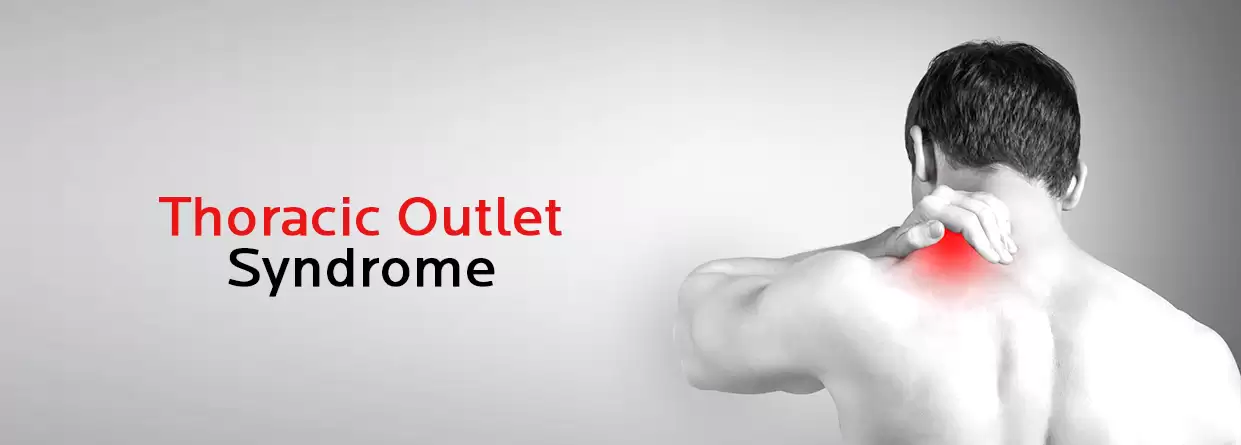Thoracic Outlet Syndrome: Understanding Symptoms and Seeking Specialist Care in LA
Compression of the vessels in the thoracic outlet results in a disorder known as Thoracic Outlet Syndrome (TOS). The thoracic outlet is the small opening in the upper chest between the clavicle, the collarbone, and the first rib. Pain, numbness, and weakness in the arm, shoulder, or neck are just a few symptoms that may result from compression of the nerves or blood vessels in this region.
If you experience any symptoms of thoracic
outlet syndrome in Los Angeles, it's crucial to seek the care of a
specialist. This condition is serious and requires professional help.
Symptoms of Thoracic Outlet Syndrome:
The symptoms of thoracic outlet syndrome can differ depending on which nerve is compressed. Some of the common symptoms of TOS include:
- Pain or aching in the neck, shoulder, or arm
- Numbness in the fingers or hand
- Weakness in the arm or hand
- Swelling of the arm or hand
- Coldness or coolness in the arm or hand
- There is a throbbing lump near the collarbone
- Headache or dizziness
If you experience any of these symptoms, it is advisable to seek medical attention from a specialist in thoracic outlet syndrome.
Causes of Thoracic Outlet Syndrome:
Thoracic Outlet Syndrome can be generated by various factors leading to nerve or blood vessel compression. Some of the common causes of TOS include:
- Poor posture or repetitive activities that put strain on the neck and shoulders
- Trauma to the neck or shoulder area
- Anatomical abnormalities like an extra rib or a tight scalene muscle
Tumors in the neck or chest area that compress the nerves or blood vessels:
Determining the underlying cause of TOS is essential to developing an
effective treatment plan. Numerous signs, including discomfort, numbness, and
weakness in the arm, shoulder, or neck, can be brought on by thoracic outlet
syndrome. If you are exhibiting any of these symptoms, you must seek treatment
from a thoracic outlet syndrome specialist. With the assistance of the Los
Angeles specialists mentioned above, you can manage this disease and create a
successful treatment plan. Early diagnosis and treatment can enhance your
quality of life, and consequences can be avoided.


Comments
Post a Comment